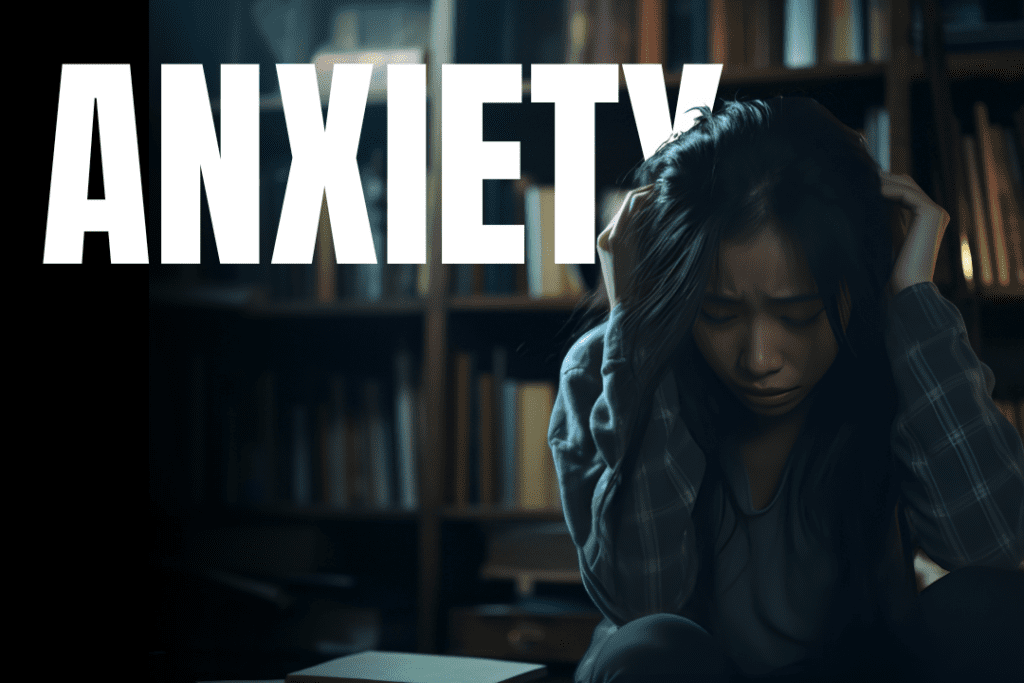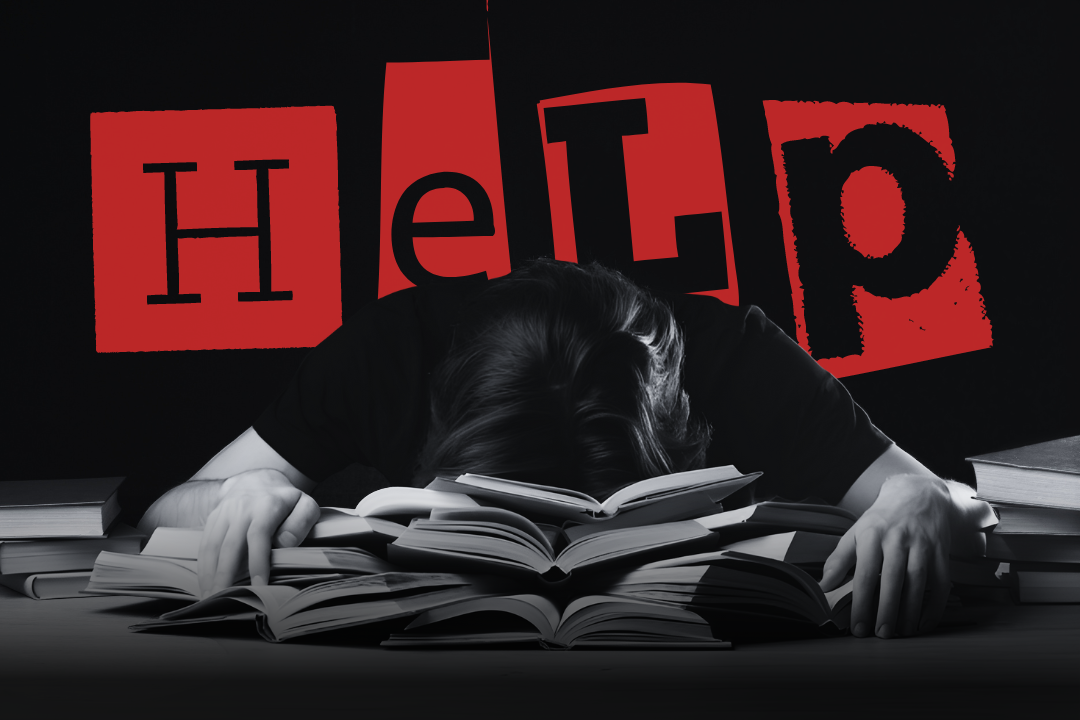Abstract
Within the rapidly changing instructive environment of nowadays guardians instructors and society desires are fair a few of the numerous weight focuses that understudies must bargain with. A major mental aftermath habitually comes about from the conventional accentuation on scholastic accomplishment and tall grades which dominates the centrality of all encompassing advancement. This proposal looks at the different stresses that understudies experience the mental issues that emerge from them—such as self-destructive thoughts—and conceivable ways to make a more strong and adjusted learning environment. It essentially analyzes information and cases from India.
Introduction:
Understudies are beneath colossal weight in today’s rapidly changing instructive environment from an assortment of sources, such as guardians instructors and society’s desires. A major mental aftermath, as often as possible, comes about from the conventional accentuation on scholarly accomplishment and tall grades, which eclipses the noteworthiness of all-encompassing advancement. This proposition, which centers essentially on India, looks at the different weights with which understudies confront the mental issues that emerge from them and conceivable ways to create a more steady and adjusted learning environment.
The Sources of Pressure

Parental Desires:
In an effort to give their kids a steady future, guardians habitually put an awesome accent on scholastic accomplishment. As a result of habitually relinquishing their claim interface and exercises in favor of accomplishing unlikely objectives, understudies may engage in extraordinary stretching.
Instructor Weight:
Instructors can also contribute to the push by placing more emphasis on execution and grades than on learning and mental interest. This weight is expanded in school situations due to their competitive nature.
Social standards:
Understudies feel forced to perform scholastically as often as possible at the cost of their mental well-being since society values victory basically in terms of scholastic achievement.
Peer Comparison:
Always comparing oneself to peers can cause uneasiness and sadness by disintegrating ones sense of self-worth and developing sentiments of insufficiency.
Psychological Impact

Anxiety and Discouragement:
Diligent uneasiness and sadness can result from the tenacious journey of great grades and parental endorsement. Almost 73. 3% of Indian youngsters encounter sadness and other mental well-being issues, according to the National Mental Well-Being Overview of India (2015–16).
Misfortune of Self-Identity:
Understudies habitually experience a misfortune of self-identity when they are forced to put their academic performance ahead of their leisure activities and interests.This might bring about moo motivation and an incapacitated feeling of reason.
Burnout:
It can occur when you put in too much work and don’t take enough breaks to relax. The side effects are a need for eagerness and a decrease in academic performance.
A study by the National Institute of Mental Health and Neurosciences (NIMHANS) reveals that approximately 11% of Indian undergraduate students suffer from severe burnout associated with their studies.
Low Self-Esteem:
Understudies self-esteem can be undermined by progressive feedback and comparison. If understudies drop short of the tall measures set by teachers and guardians, they might begin to see themselves as disappointments. Sentiments of depression and separation are regularly brought on by the accentuation set on scholastics, which takes off little time for social interaction. It can also have a negative affect on social aptitudes.
Suicidal Considerations:
Self-destructive contemplation may emerge in extreme circumstances due to over-the-top weight. India boasts one of the most noteworthy worldwide rates of understudy suicide. The National Wrongdoing Records Bureau (NCRB) reports that weights related to schoolwork cause over 10,000 Indian understudies to commit suicide annually.
Solution:
Parental Information and Inclusion:
Guardians are required to be mindful of the value of providing their kids with well-rounded instruction.If children are allowed to take responsibility for their interactions in addition to their thoughts, their development will be more comprehensive. Students who have trouble managing their time need real guidance and passionate support. Create an environment where your children can freely express their emotions and ideas without worrying about analysis or disappointing results. This will encourage direct interaction. As you set realistic expectations for your child, remember their strengths and special qualities. Develop reasonable desires and recognize their endeavors, notwithstanding their accomplishments. Energize Concordance: Find a balance that works for both the responsibilities of education and leisure activities. Make time for sports and other leisure activities.
Be Accommodating:
Amid attempting times like exams, give enthusiastic back. Deliver your child the consolation that their esteem is not based on their grades.
Model Sound Behavior: Lead by illustration in stretch administration and maintain a hopeful mentality. Adapting techniques utilized by your child can be significantly impacted by your activities.
Educational Change:
Along with scholastic victory, schools ought to advance inventiveness, basic consideration, and enthusiastic insights. This will require a more all-encompassing approach to instruction. Mental concerns can be addressed by consolidating mental wellbeing instruction and advertising services like counseling. In India, the Central Board of Auxiliary Instruction (CBSE) has begun executing programs to raise awareness of mental wellbeing issues in the classroom.
Teacher Instruction:
Instructors should get instruction on how to spot indications of stretch and burnout in their students. They should be propelled to set up a classroom climate that is empowering and prioritizes exertion over grades.

Encouragement of Extracurricular Exercises:
Guardians and schools should support their children’s involvement in extracurricular activities. These interests can grant understudies a much-needed discharge from weight, help in the improvement of their social abilities, and allow them a sense of accomplishment outside of the classroom. The use of programs that educate mindfulness-unwinding methods and time administration can help understudies oversee their push. Workshops on controlling exam uneasiness and maintaining a great study-life balance can be advertised by schools.
Career Counseling:
By advertising career counseling services, teachers can help understudies investigate distinctive career paths and plan their scholastic destinations with their one-of-a kind interface and qualities. Weight to take after ordinary career paths may be reduced as a result.
Establishing peer and parental support groups: Setting up peer and parental support groups can grant guardians and understudies a gathering for trading stories and adapting components. Understudies who are underweight can feel less alone and more part of the community by partaking in these groups.
Guidance plans:
Guidance courses of action should be changed to diminish the middle on high-stakes tests and government-sanctioned testing. Continuous evaluation methods that assess a variety of skills and competencies can provide a more precise picture of a student’s capabilities.
The colossal mental strain put on today’s understudies to perform scholastically unfavorably influences their by and large mental well-being as well as their certainty. Administrators, teachers, and guardians must collaborate to unravel these issues. We can guarantee students’ comprehensive advancement and long-term victory by creating a reliable, well-rounded learning environment that bolsters scholastic victory. Considering this educational accomplishment is without a doubt critical, it shouldn’t come as a hindrance to an understudy’s enthusiastic well-being or common victory. For today’s understudies, a more comprehensive approach that places emphasis on scholarly victory, individual advancement, and energetic experiences can create a learning environment that is more steady and enduring. We expect that we address the wellsprings of weight and carry ranges of quality so that our understudies can examine their teacher outing with reason-ability and flexibility.











0 Comments